24, June 2020
If Black lives matter, why do we hear so little about the massacre of English-speaking Cameroonians? 0
If Black lives matter, why is it that we hear so little about the modern-day massacre of English-speaking Cameroonians?
In spite of photographic evidence that shows the burning of villages, and in spite of the fact that back in June 2019, UNICEF claimed that 1.3 million people in the Anglophone regions of Cameroon needed humanitarian aid, it seems that the world has turned a deaf ear. The Norwegian Refugee Council announced recently that “Cameroon’s conflict with English-speaking separatists has been rated as the most-neglected crises in the world, for the second year running.”
Black lives *everywhere* matter. I would encourage every facet of the media to educate us on the issue of Cameroon, and for every one of us to ‘ask not what your country can do for you,’ ask what your country might be able to do for the voiceless in Cameroon.
Source: Vicnews.com

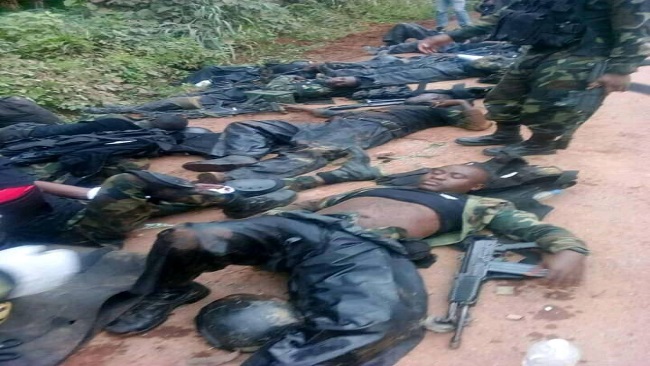

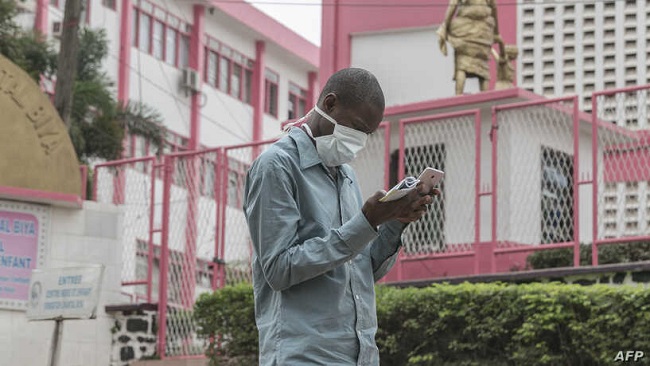


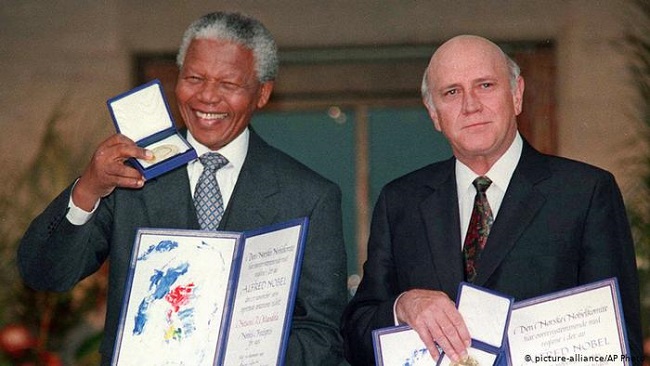
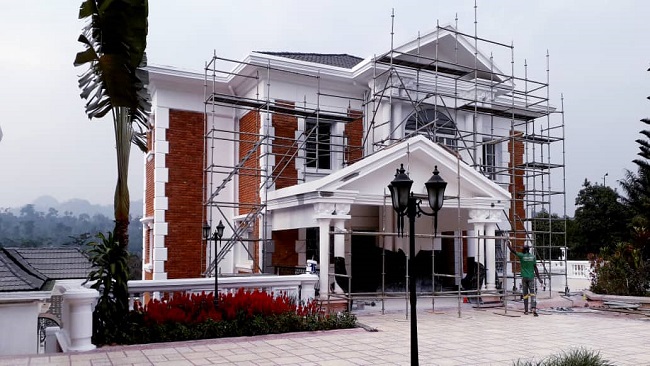
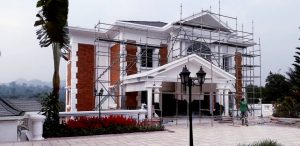

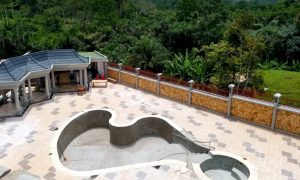



















24, June 2020
Ambazonia: Aid Workers Welcome High Profile Calls for COVID-19 Cease-fire 0
Cameroonian aid and health workers have welcomed calls by Nobel Peace laureates and former heads of state for a COVID-19 cease-fire in the country’s troubled western regions. Fighting between Cameroon’s military and rebels has forced over a thousand health and aid workers to flee, putting tens of thousands of patients at risk in the middle of the pandemic. Cameroon has so far confirmed 12,321 infections and 309 deaths from the virus.
Nobel Prize laureates calling for a COVID-19 cease-fire in Cameroon include Muhammad Yunus, the Bangladeshi banker to the poor, and the former presidents of East Timor, José Ramos-Horta, and South Africa, FW de Klerk.
They’re part of the Global Campaign for Peace and Justice in Cameroon, which on Monday urged the U.N. Security Council and the African Union to push for an end to the fighting.
The group of 15, which includes three former U.S. ambassadors to Cameroon, wants a truce between the military and anglophone rebels in the troubled western regions so health workers can safely stop the virus.
Cameroon’s health workers, hundreds of whom have fled insecurity in the region, welcomed the high-profile support.
A man wears a mask while walking outside the entrance to the Yaounde General Hospital in Yaounde on March 6, 2020 as Cameroon…
Director of the Cameroon Baptist Convention of Churches’ Health Services Tih Pius spoke via a messaging app from the northwestern town of Bamenda.
“The COVID-19 has even placed a more serious problem now on the population because you need to identify these cases quickly, isolate them and treat those that you can treat while preventing more infections in the community,” he said. “We are unable to reach out to do this. Workers are afraid when they see all these arms by the government or by the non-government armed groups.”
Pius says four of their health workers were abducted in the region on Monday.
Tanyi Christian Eselekwe is with the Cameroon branch of the Martin Luther King Jr. Memorial Foundation, a U.S. group providing aid to the troubled region.
He says the foundation’s services were disrupted in May when armed groups abducted his staff and stole vehicles transporting humanitarian supplies.
He also spoke via a messaging app from Bamenda.
“Our plea is that there is the need for a cease-fire to allow those who are affected by the crisis to receive the needed assistance,” he said. “As humanitarian organizations, we work strictly based on the humanitarian principles and the international humanitarian law. We do not take sides and we make sure that all our operations are geared towards relieving the sufferings of those affected by these crises.”
On social media, Cameroon’s anglophone rebel groups, who want independence from Francophone-majority Cameroon, had mixed reactions to the cease-fire call.
The Anglophone Defense Forces (ADF) said it supported a truce but warned that it would retaliate if provoked by Cameroon’s military.
The Southern Cameroon Defense Forces had some members supporting a break while others called for continuing to fight for independence until the government withdraws troops.
Cameroon’s military has indicated it would continue raids on separatist strongholds, which last week killed 24 rebels in the English-speaking northwest.
Cameroon government spokesman Rene Emmanuel Sadi said they would comment on the calls for a cease-fire at what he called an appropriate moment.
The U.N. says Cameroon’s separatist conflict has left more than 3,000 people dead and displaced more than half a million in four years of fighting.
Source: VOA